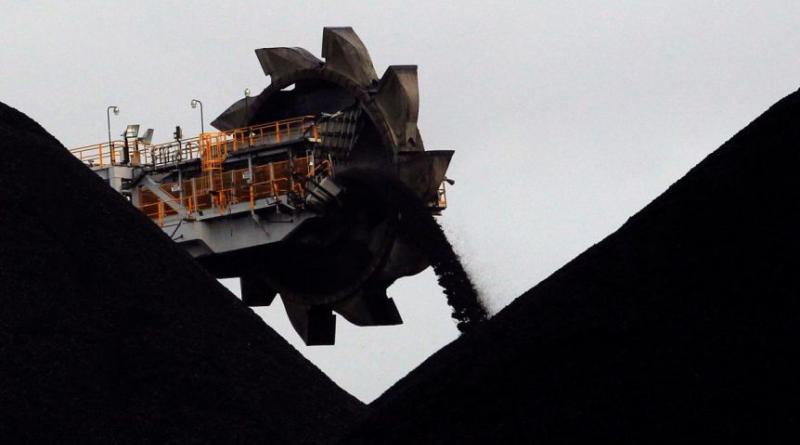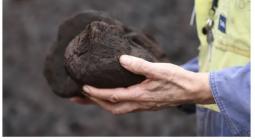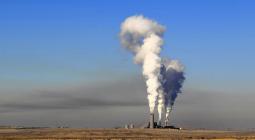Investors are trying to shut down fossil fuel companies from the inside — this is what they're doing.

More than 100 investors in Whitehaven Coal have filed a resolution asking the company to plan its own closure — the first in an ambitious play by an activist shareholder group to push fossil fuel companies to act on climate change.
The resolution, organised by the activist shareholder group Market Forces, comes ahead of this year's company annual reporting season.
The group — which is aligned with conservation organisation Friends of the Earth — plans to file similar resolutions with three other Australian companies: New Hope Group, Beach Energy and Cooper Energy.
New Hope is predominantly a coal miner, while Beach Energy and Cooper Energy are both focused on oil and gas.
In a move analysts say may move other investors to question the long term viability of pure-play fossil fuel companies, Market Forces's latest resolution argues any investment in the company's coal operations will become worthless "stranded assets" as the world shifts away from coal.
It calls for a plan to return all remaining capital in the company to investors.

"Whitehaven's current plans threaten to waste investor capital on projects that are incompatible with a Paris-aligned energy transition, and unrealistic in light of market shifts already underway," the official documents lodged with Whitehaven said.
Market Forces executive director Julien Vincent said the group was pushing the resolution to make the company "sensibly manage" its decline as it "inevitably goes out of business".
"[That way] capital gets returned to investors instead of wasted, and workers can be retrained, re-skilled and supported to find new employment instead of suffering the shock of an economy racing to keep a lid on global warming," he said.
A Whitehaven Coal spokesperson said based on its analysis the likelihood of any of its assets becoming stranded was "low".
It said aspects of the pace and scale of the global transition towards a lower-carbon world were subject to "considerable uncertainty".




